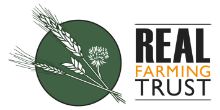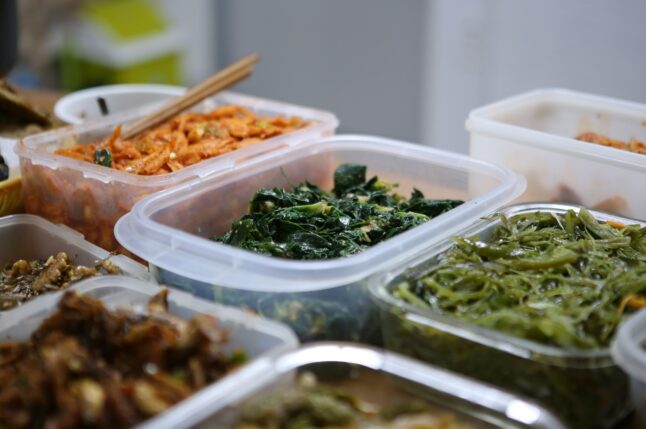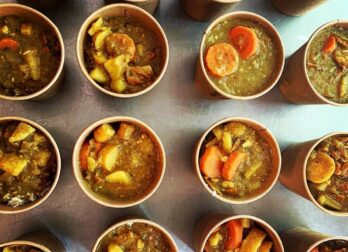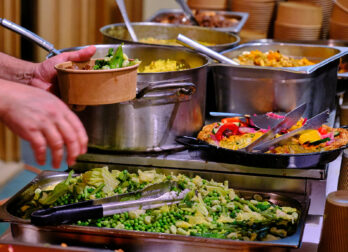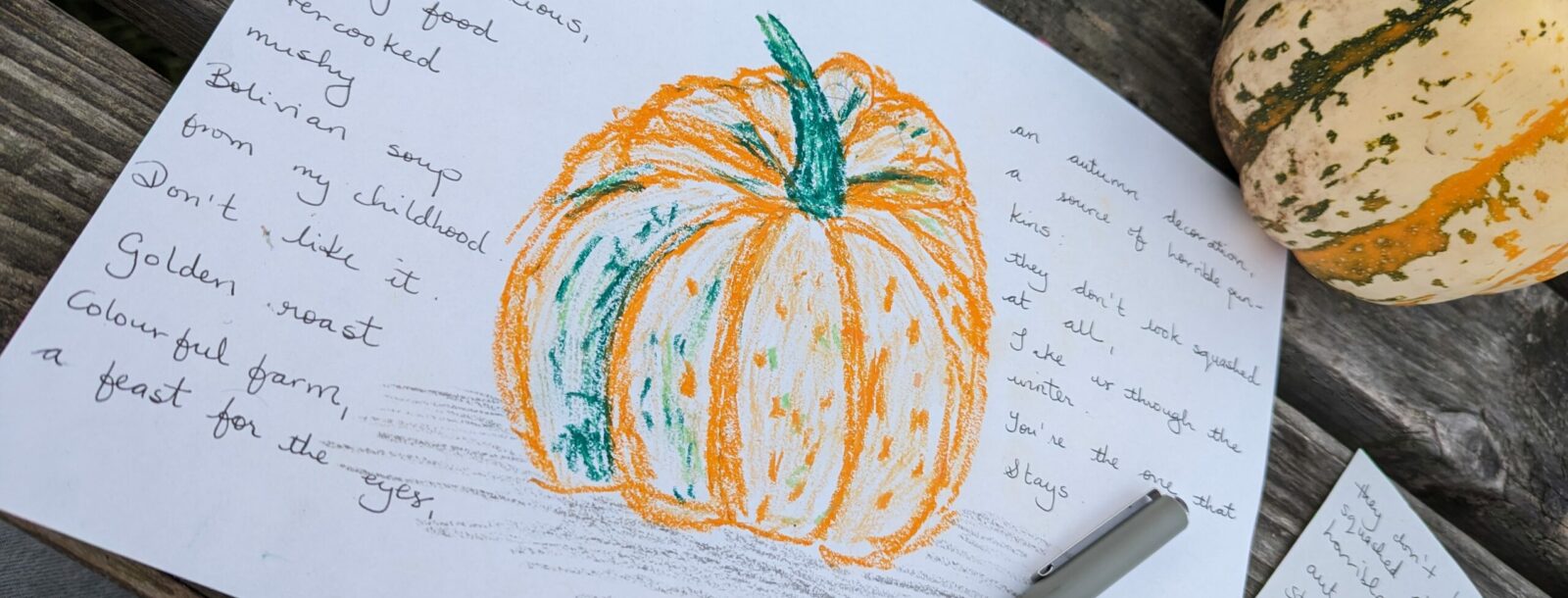
Food justice
The Real Farming Trust is coordinating a UK-wide 4 year project supported by the National Lottery Community Fund, called Twinning. The project aims to bridge social and cultural gaps and make it easier for people to access unfamiliar environments.
How does twinning work?
The Real Farming Trust is bringing together pairs of organisations to work in ‘twins’. Each twin will be made up of one urban and one rural group which are geographically close but socially isolated from each other. All of the partners are already working with food and in each case, one is a social justice organisation such as a food bank or refugee group.
Groups of people from both groups meet each other on both sites and understand each other’s perspectives. They decide what they would like to do together, on both sites, with both groups of people. The Real Farming Trust enables access to Community Fund National Lottery funding to implement their ideas.
Twinning began in April 2023 and will run for 4 years.
Measuring impact
We want the people involved in Twinning to develop and communicate their own ideas about their experiences. We meet and reflect on what has happened and share our stories. We are working with Coventry University on a Photovoice evaluation, in which people take snaps of their experiences, share them in a group and comment on what they mean. We like this method because everyone can participate together, including people with limited spoken or written English, such as asylum seekers and adults with learning difficulties. Some communities will use the shared photos to make an exhibition about their experiences.
What has happened so far?
So far the Twin organisations have been building relationships between the organisations. They have all visited each other.
- Soul Farm has started making a recipe book with Truro Food Bank using people’s recipes for farm vegetables. Conversation is sparked.
- Adults with learning difficulties from NOW in Belfast are learning horticulture skills at Jubilee Farm and some will be supported into paid work.
- Asylum seekers from several countries attended the Harvest Festival at Cae Tan Farm near Swansea. Everyone had a good time.
- A cook from Zanzibar led a cooking session with farm veg in the garden for a group of asylum seekers and refugees from several countries and from Cae Tan Farm. People shared stories of cooking on open fires at previous times in their lives.
- A group of Somali families came to Stroud to cook Somali lunch with farm vegetables. The communities had a lively shared meal and farm visit.
What are people’s experiences so far?
The most consistent feedback is that people have enjoyed their experiences so far and found them very interesting. There have been many surprises for participants.
Twinning experiences
“What I realised is that we have different kinds of conversations in different places. It was surprising how deep our conversation was at the pumpkin table.” Farm manager with food bank visitor
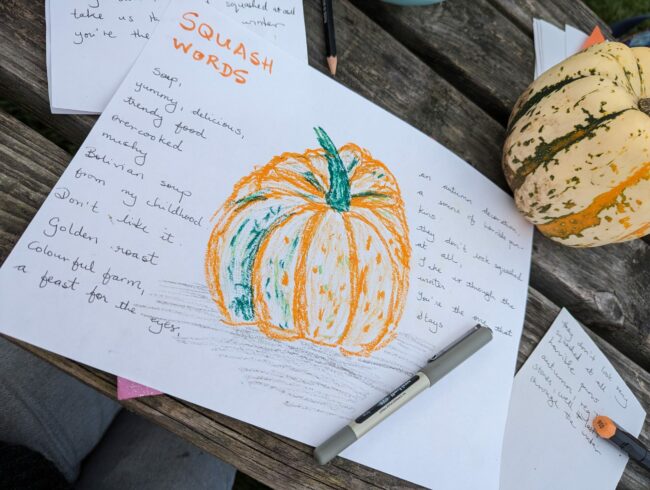
“The walk took ages. It took a long time for everyone to navigate the stile. People hadn’t seen a stile before.”
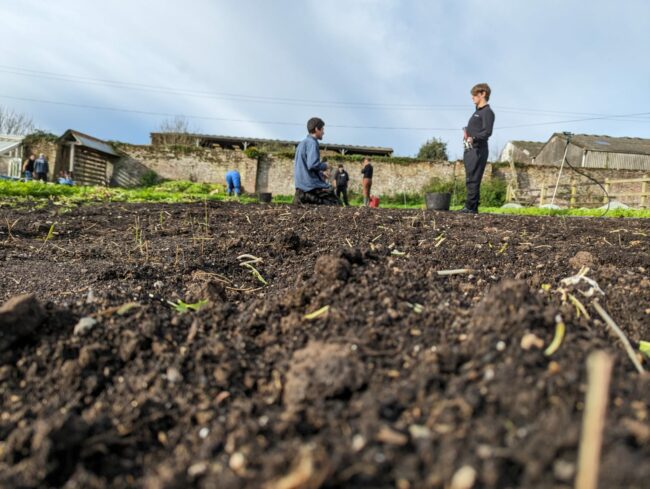
“I noticed that people did all different things at the farm, whatever they wanted. Mostly people did things that were about interacting. Some people had a laugh doing hair dos.”
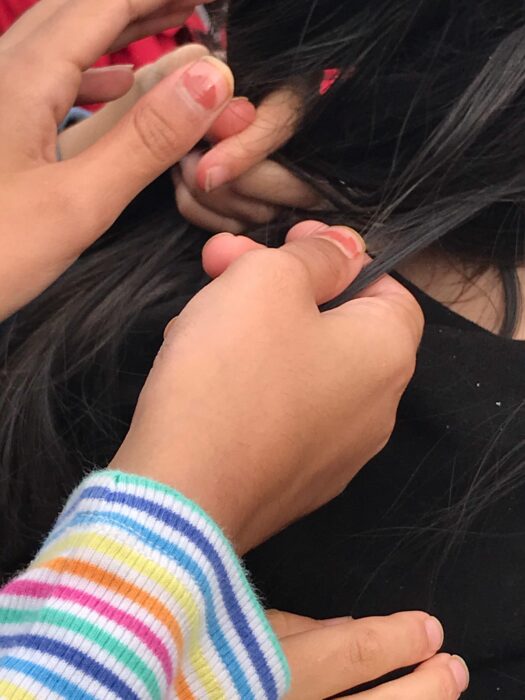
“You can’t get it at the supermarket, this is special to here. Epitomises what we do. Colours (laughing about matching her purple nail varnish)”
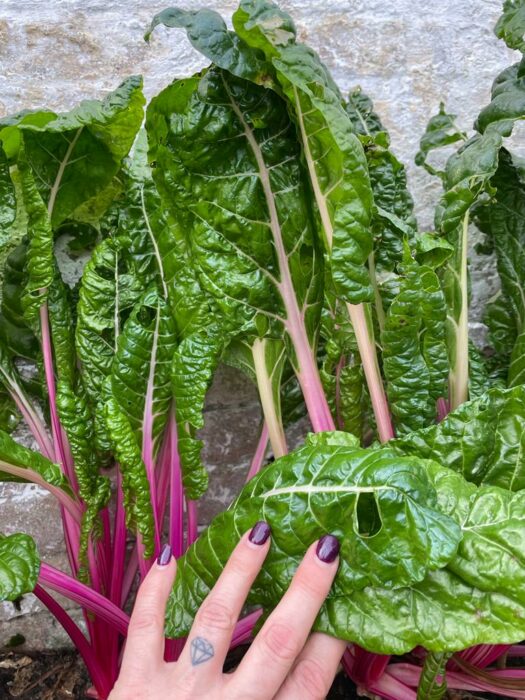
“People become friends / extended family here. I took this photo of the sharing bread because of that.”
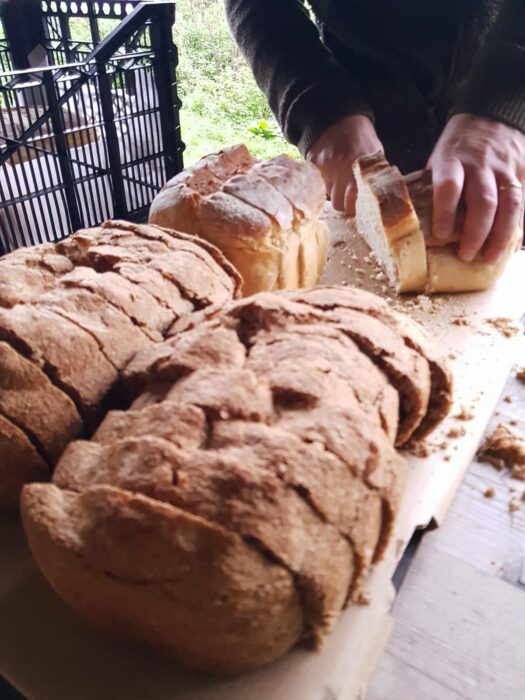
Why we need this project
- We believe that cohesive, equal and kind social networks and relationships are a key aspect of agroecology.
- Everyone should have access to the physical, financial and social resources needed to make their own well informed choices about food and farming.
- Everyone should have a voice about what matters to their community.
- We believe that our experience and choices about food are not separate from other areas of our lives such as where we live, poverty, who we know, health, what ideas we come into contact with and how we spend our time. We need to think about food in the context of our whole lives.
- People themselves are the best placed to make choices about use of resources and food systems. Some voices are too rarely heard in the agroecology movement. Meanwhile, the agroecology movement sometimes speaks inside its own echo chamber.
- We have noticed that some food networks and some communities are limited in their ideas and solutions because their geographic and social worlds are boundaried. It is difficult to find ways to meet meaningfully as equals with groups of people we do not already know. For example, we noticed that people who work in food banks rarely meet farmers, that some urban food groups have little experience of rural life and that some farming communities have no meaningful contact with ethnic minorities. We noticed many inaccurate expectations of the other location or communities. We noticed that some people on low incomes or in poor health live in particularly limited social and geographic worlds, from which all their opportunities are drawn and some need support to overcome barriers to participation. Twinning is an attempt to reduce discrimination and increase opportunity.
- We have noticed very high levels of skill in different food sectors. For example, some networks have horticulture skills and others are resourceful in setting up surplus food supply chains to address food poverty. Groups tend to share particular ideas and skills within their networks but not between them. We hope that Twinning will lead to innovations in alternative food models.
- We believe that confident, powerful, inclusive, well resourced communities can offer a protective response to some of the current unjust social and economic forces affecting society.
- The Real Farming Trust is interested in systems change. We will research what the impact of Twinning is and will seek to share emerging good practice more widely.
The Twinning project is supported by The National Lottery Community Fund.

Related articles
